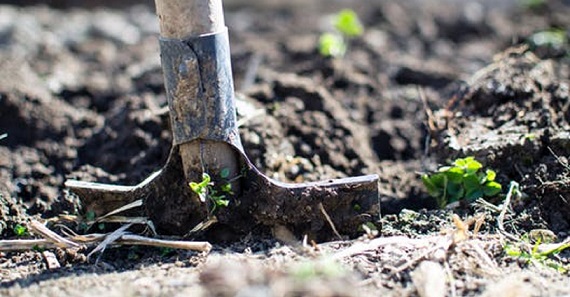What is organic food?
Organic foods are those that are produced without the use of man-made chemicals, this includes certain fertilisers, pesticides and additives, and without the use of any genetically modified organisms or products. So organic products can still be produced using chemicals that keep pests away, and promote growth but these chemicals are all natural, none are artificial. Some organic produce may even be grown using no chemicals at all.
Typically organically grown food is more expensive, and this in part may be due to the fact that organic farms tend to produce lower yields. A meta-analysis by the journal Nature found that organic farms can have a 34% lower yield when conventional and organic farming systems are most comparable1.


